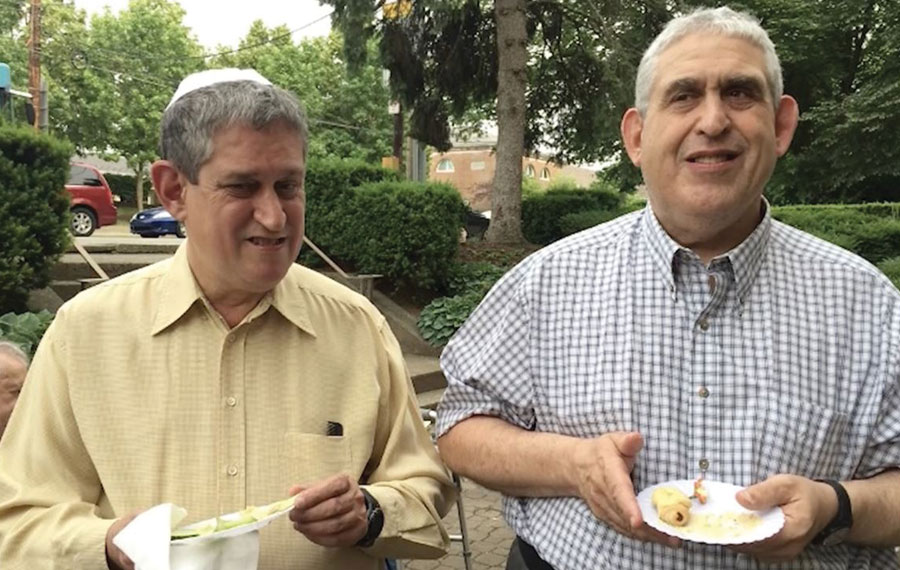
By Michelle K. Wolf
Last week I presented about government benefits to a diverse group of parents who had children with intellectual/developmental disabilities. One of parents, an African-American mother, said that she couldn’t take her teenage daughter with autism to her local church because the congregation wasn’t welcoming. There were many nods of agreement from the Jewish parents present. We were all too familiar with being on the receiving end of a “stink eye” in what should be a spiritual, warm environment.
It turns out that many churches, synagogues and other houses of worship may preach a good line about inclusion of congregants with special needs but the news from the pews shows otherwise. In a new study on Religion and Disability published in the Journal of the Scientific Study of Religion, sociologist Andew Whitehead, also the father of a son who is nonverbal and on the autism spectrum, found that across the board, “the odds of children on the autism spectrum never attending religious services are almost double what they are for children without a chronic health condition.”
Most religious congregations expect that older children (and adults with special needs) will be quiet, stay in their seats and will not engage in what some may consider odd or strange behavior, such as flapping their hands. For younger children, there are often nursery and child care programs, but the staff at these programs usually have little experience or understanding of how to work with children of special needs. As Whitehead writes in a Washington Post article, “Many parents report that their children with disabilities have been unable to participate because of lack of support and said their congregations had never asked how to best include their children. And like us, more than half reported that they were expected to stay with their children during worship services.”
Proactively reaching out and including children and adults with special needs should really be a no-brainer. Doesn’t every congregation worry about how to attract and keep new members? Don’t all the holy scriptures repeatedly instruct us to welcome the most vulnerable in our midst? Middle to larger size congregations are likely to have a special education teacher or psychologist as part of their congregation who can provide pro bono or discounted training to staff and volunteers. Parents can also provide training and tips, sharing their own experiences and knowledge.
In the aftermath of the horrific shooting at the Tree of Life synagogue in Pittsburgh, we learned that two of the victims were brothers with developmental disabilities. They were “regulars” who were often the first to show up for services. To honor the memory of Cecil and David Rosenthal, I propose that we dedicate ourselves to create a national “Rosenthal Brothers Inclusion Program” at every synagogue (and also at churches, mosques and other houses of worship) across the country. Although some synagogues have made great strides in reaching out to families who have children with special needs, there are very few that actively promote and market these services. There are far less that reach out to adults with special needs.
In partnership with local agencies that serve children adults with intellectual and developmental disabilities, our holy sanctuaries can proactively reach out and invite in those who may look and act differently on the outside, but who aren’t that different on the inside.In addition to inviting adults with special needs to attend services, they should also be given appropriate roles and honors, from greeting congregants to leading various parts of the services, commensurate with their abilities.
This inclusion program will allow us to honor the legacy of the Rosenthal brothers by focusing on how they lived, and not on how they died.













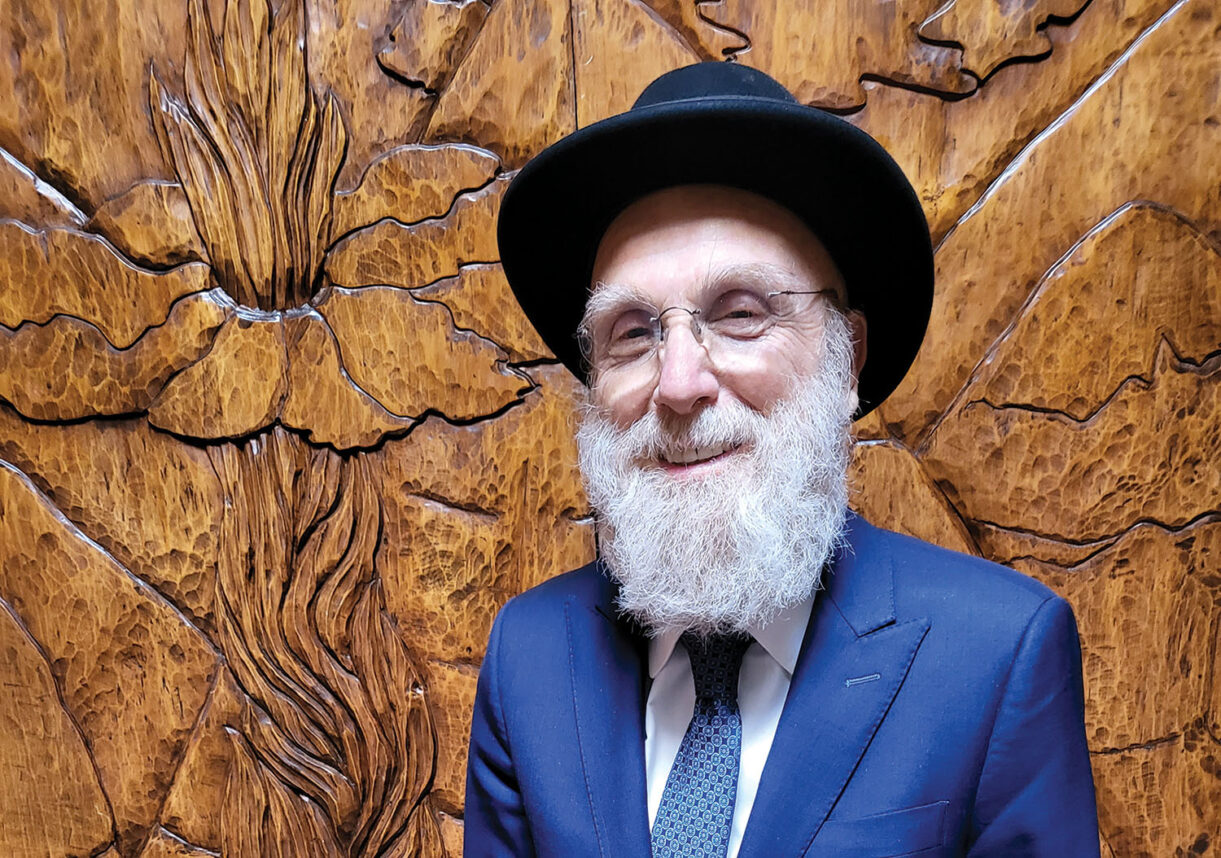
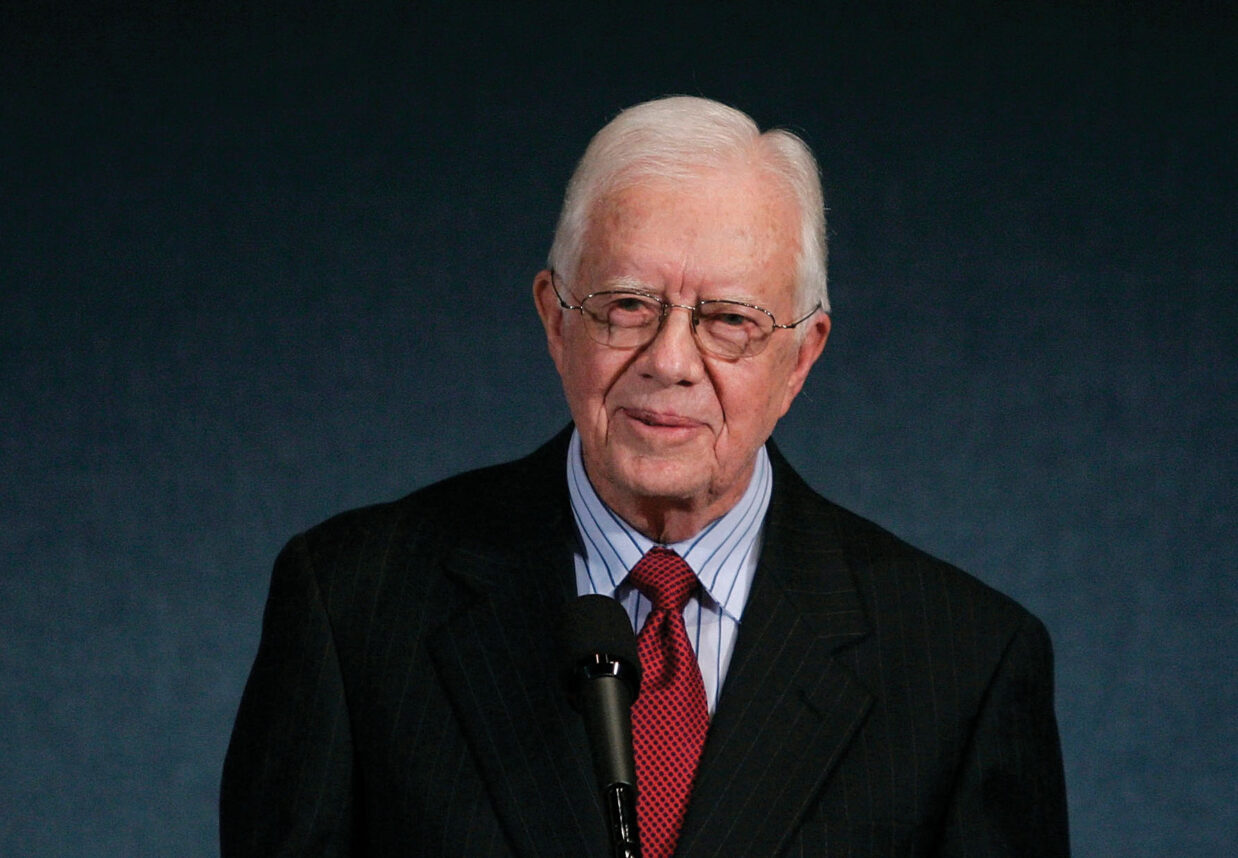
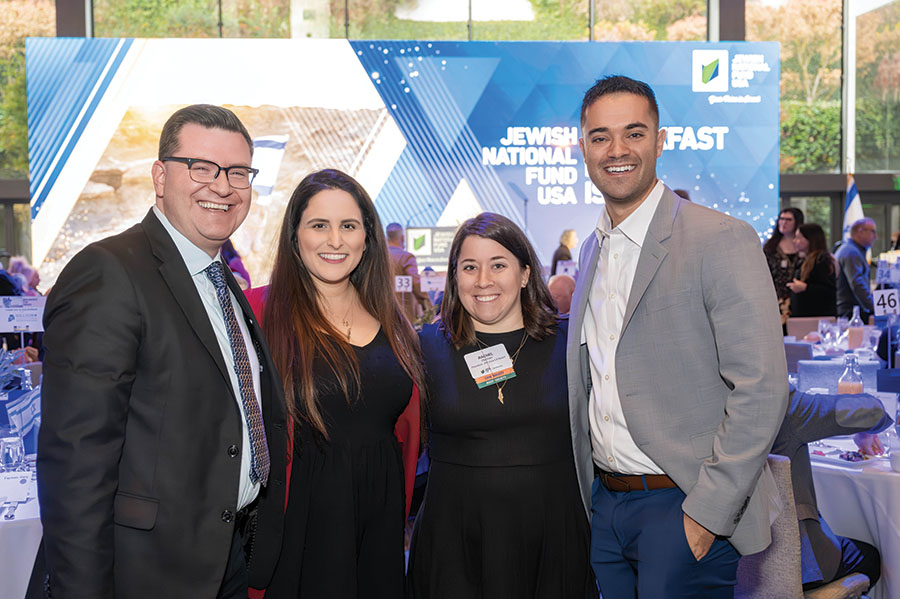
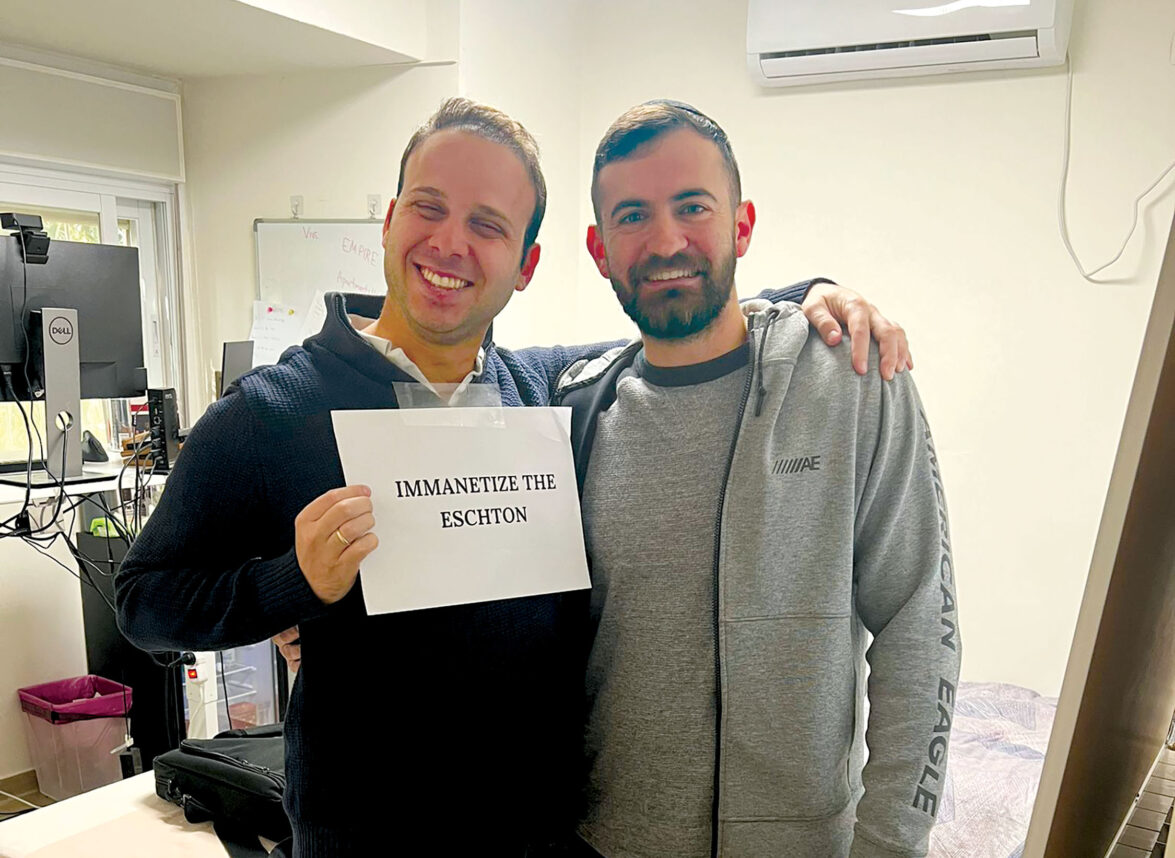






 More news and opinions than at a Shabbat dinner, right in your inbox.
More news and opinions than at a Shabbat dinner, right in your inbox.